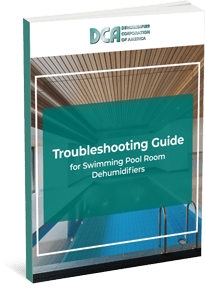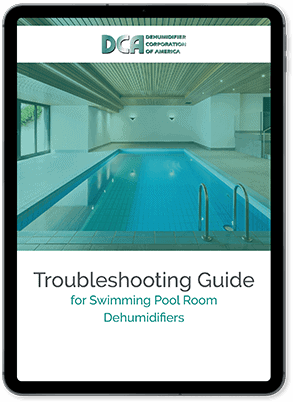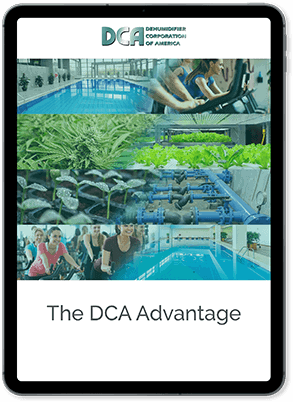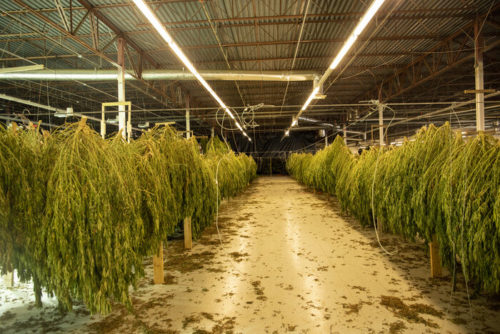 The hemp-based product market has grown significantly in recent years. In response to increasing consumer demand, companies within the market have sought ways to improve production operations. One area of focus is the drying process, which is crucial to ensuring the quality and safety of products. Below, we go into more detail about the hemp drying process and the role of dehumidifiers in it.
The hemp-based product market has grown significantly in recent years. In response to increasing consumer demand, companies within the market have sought ways to improve production operations. One area of focus is the drying process, which is crucial to ensuring the quality and safety of products. Below, we go into more detail about the hemp drying process and the role of dehumidifiers in it.
Read More »
Recent Posts
Hemp Drying & The Use of Dehumidifiers for Humidity Control
Choosing the Best Dehumidifier Type for Your Application
Dehumidifiers are needed when the control of relative humidity is critical. They are invaluable for alleviating high humidity, mold, mildew and corrosion that come from poor insulation, high dew point outdoor air, or insufficient control of room temperature. Depending on your specific needs, dehumidifiers are available in residential, commercial, and industrial varieties. While residential dehumidifiers (normally portable and operate on a 115 volt power) are smaller, quieter, and less expensive, they are not suitable for large spaces. In these cases, commercial or industrial models are the better choice.
Controlling the Humidity of Your Indoor Grow Room
In recent years, more and more farmers have realized the benefits of growing crops in different types of controlled environments. This increased awareness has led to a significant rise in the popularity of indoor grow rooms—i.e., enclosed spaces that allow users to achieve and maintain precise environmental conditions to increase crop yield and quality, essentially being able to provide “Mother Nature’s Best Day” every day. One of the key controlled parameters in grow rooms is humidity which, at the proper levels, can significantly improve crop quality and shorten grow cycles.
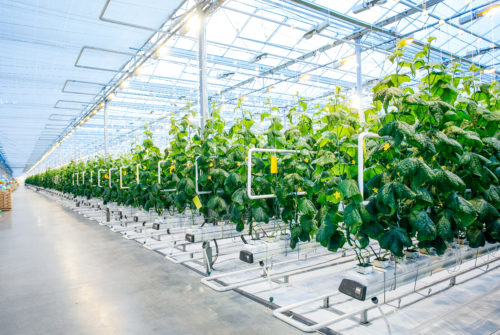
Below, we discuss why controlling grow room humidity is important, how temperature affects humidity levels, and how to choose the right dehumidifier for a given grow application.
Swimming Pool Room Dehumidification Systems
Efficient dehumidification actively prevents structural damage, lowers energy costs and improves a room’s climate. DCA understands the importance of maintaining swimming pool room dehumidification and works with many swimming pool room applications to create ideal, precise solutions for small to large spaces.
Given our experience encompassing large-scale hotel pools to small, specialized therapy pool rooms, DCA is best at differentiating needs per application and working to develop the ideal dehumidifier solution. To satisfy any energy-saving goals you may have, we offer water-cooled versions of every dehumidification–plus, each one is factory-tested for guaranteed high performance.
Refrigerant for Dehumidification Systems
DCA, like all other refrigerant-based equipment manufacturers, moved away from potentially ozone-depleting refrigerants years ago for various reasons. DCA now uses two refrigerants, R-407C and R-410A, each with technical and thermodynamic advantages to consider.
Swim School Dehumidifiers
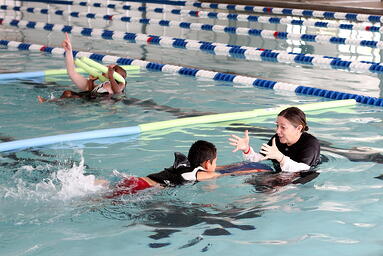 It will come as no surprise that swimming pool rooms are extremely humid, and with humidity comes the potential for unwanted microbial growth. With their high traffic and enclosed indoor swimming areas, swim schools are particularly prone to moisture buildup and the growth of mold and mildew. To ensure the health and safety of pool users, it is important to use dehumidifiers in swim school pool rooms.
It will come as no surprise that swimming pool rooms are extremely humid, and with humidity comes the potential for unwanted microbial growth. With their high traffic and enclosed indoor swimming areas, swim schools are particularly prone to moisture buildup and the growth of mold and mildew. To ensure the health and safety of pool users, it is important to use dehumidifiers in swim school pool rooms.
DCA COVID-19 Update
To Our Valued DCA Representatives and Customers,
Choosing the Most Economical Solution for Your Replacement Dehumidifier
Industrial and commercial dehumidifiers often operate in harsh or challenging environmental conditions, resulting in significant wear. Typically, these machines will have a working life of 9–11 years, but this lifespan can be greatly reduced without the proper service. When regular maintenance has been neglected for too long or the equipment fails to keep up with expectations, an industrial dehumidifier may need to be replaced to restore optimal humidity conditions.
YMCA Dehumidification Equipment
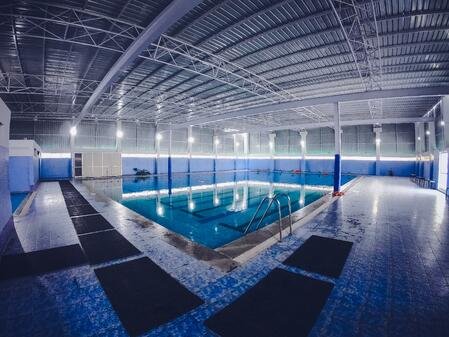 Commercial swimming pools, such as those found in Young Men’s Christian Association (YMCA) facilities, serve as an excellent space to exercise and play. However, the high moisture levels often found in these areas necessitate the use of specialized dehumidification equipment to prevent excessive humidity, temperature levels, and mold development. By employing commercial dehumidification equipment, facility owners and managers can better stick to the strict air temperature, humidity, and quality standards required of their facilities.
Commercial swimming pools, such as those found in Young Men’s Christian Association (YMCA) facilities, serve as an excellent space to exercise and play. However, the high moisture levels often found in these areas necessitate the use of specialized dehumidification equipment to prevent excessive humidity, temperature levels, and mold development. By employing commercial dehumidification equipment, facility owners and managers can better stick to the strict air temperature, humidity, and quality standards required of their facilities.
Determining Required Fresh Air
Poor indoor air quality (IAQ) poses numerous risks to the occupants of any building. Low-quality air negatively impacts occupant productivity and health. It also leads to uncomfortable work and living conditions and, when left unaddressed, has the potential to damage an overall building structure. Furthermore, poor indoor air quality can go against local building code standards for indoor air quality, leaving building owners open to lawsuits.


